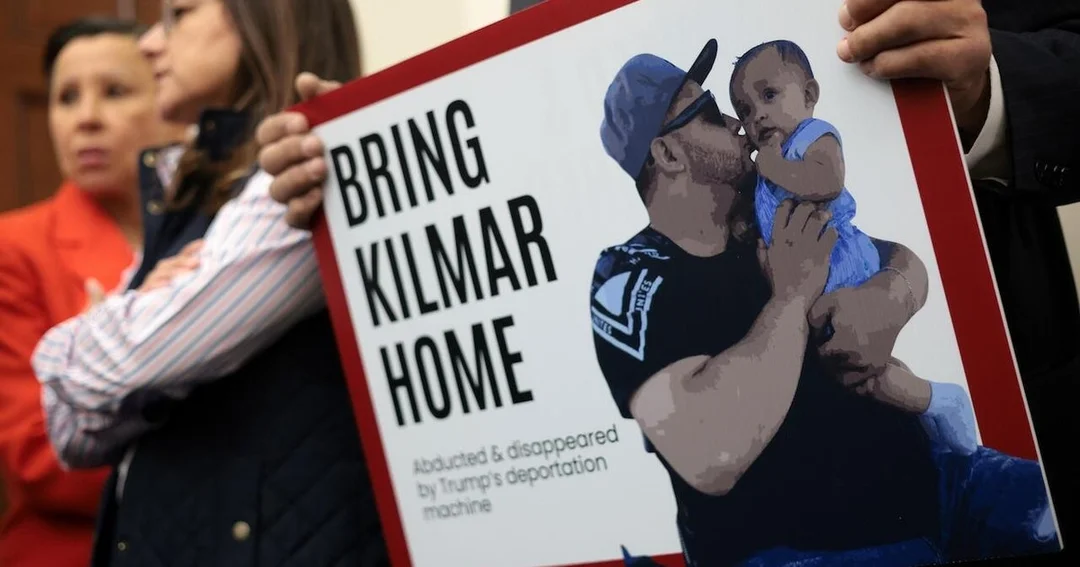
What Happens When the Government Defies the Court? A Deep Dive into the Abrego Garcia Case
In a marked escalation of tensions between the Trump administration and the judiciary, U.S. District Judge Paula Xinis has sharply criticized the government's handling of the Kilmar Abrego Garcia case. The case centers around Abrego Garcia, a Salvadoran native who was mistakenly deported to El Salvador, despite ongoing legal protections that should have allowed him to remain in the U.S. The judge's recent orders underscore the potential ramifications of the government's refusal to comply with judicial directives, raising critical questions about the balance of power in American democracy.

On April 22, 2025, Judge Xinis delivered an eight-page order rebuking the Trump administration for what she characterized as a “willful and bad faith refusal” to comply with her previous court orders. The administration, she noted, had flouted requests for information regarding the steps taken to facilitate Abrego Garcia's return from a Salvadoran prison, where he was wrongfully held after his deportation on March 15, 2025.
Judge Xinis pointed out that the Justice Department had sought to deflect scrutiny with vague assertions of privilege, dismissing the government’s attempts as “boilerplate” and devoid of substantive backing. The judge made it clear: “That ends now.” She ordered the government to provide detailed responses by the next day or risk losing claims of privilege altogether.
The underlying issue is not simply procedural; it touches on deeper concerns about the administration's respect for judicial authority. This case illustrates a broader pattern where the Trump administration has been accused of stonewalling courts in immigration-related matters. Several court orders have instructed the administration to ensure Abrego Garcia’s return, but officials have consistently signaled reluctance, with some even mischaracterizing the mandates from the Supreme Court.

The political ramifications of this case are significant. Lawmakers such as Senator Chris Van Hollen have traveled to El Salvador to advocate for Abrego Garcia's rights, and their actions could provoke a confrontation between the legislative and executive branches. The administration’s refusal to comply with court orders raises concerns about its commitment to the rule of law and the checks and balances central to the U.S. Constitution.
Judge Xinis has permitted Abrego Garcia’s lawyers to pursue further deposition of relevant officials, seeking transparency amidst what she deems evasive tactics from the government. The judge's unequivocal stance against the administration's non-compliance could redefine the legal landscape for deportation and immigrant rights in the U.S., particularly as more cases emerge where judicial orders are ignored.
As the drama unfolds, we are left to ponder the implications: What happens when a government defies the judiciary? The Abrego Garcia case is not just about one man's fate but also a crucial test of the integrity and resilience of democratic institutions.
Readers are encouraged to share their thoughts: Do you believe the judicial branch has the power to hold the executive accountable? What does this mean for future cases involving immigration? Join the conversation below.